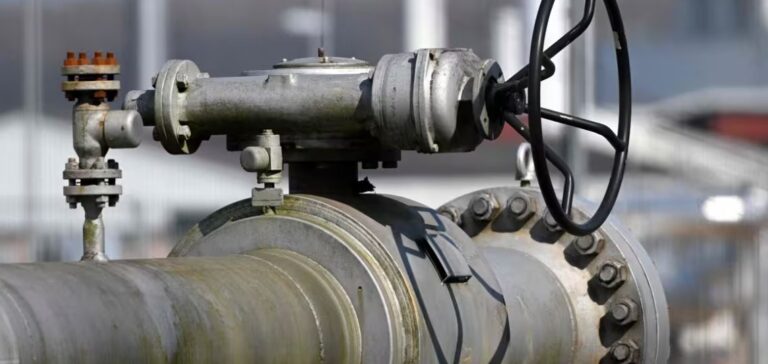State-controlled Czech oil company Mero said Tuesday it had signed an agreement on increasing the capacity of the TAL transalpine pipeline to allow the Czech Republic to stop relying on Russian oil as early as 2025.
Under the agreement, Mero will fund $73 million worth of work on TAL. TAL transports oil from the port of Trieste in northern Italy to southern Germany, from where the fuel is then directed to the Czech Republic and Austria via other pipelines.
From 2025 onwards, the Czech Republic will receive eight million tons of oil per year via TAL, which is twice as much as today. “This agreement is our future, it will cut us off from Russia after 60 long years and help us achieve independence, freedom and sovereignty in energy supply,” Mero CEO Jaroslav Pantucek told reporters.
An EU member with a population of 10.5 million, the Czech Republic has not been dependent on Russian gas since this year, unlike other Central European and Balkan countries that still have contracts with Gazprom and have agreed to pay in rubles. The two refineries in the Czech Republic received 7.4 million tons of oil last year, 56% of which came from Russia via the Druzhba pipeline.
The EU imposed a ban on most oil imports from Russia in May 2022, three months after Russia invaded Ukraine, but the Druzhba pipeline was exempted. Czech Prime Minister Petr Fiala said Tuesday that the exemption gave Prague time to negotiate the TAL agreement.
He hailed the agreement as “a major step, a cornerstone of our energy independence from Russia. Launched in 1967, TAL is owned by a consortium of eight oil companies, including Shell, ENI and ExxonMobil.





















